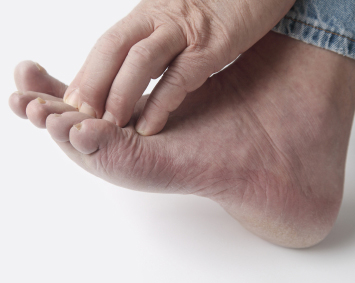 Neuropathy, as described elsewhere on this website, has many different forms and variations that it comes in. It can effect different parts of the nervous system and thus has different areas of the body that it effects most majorly. It also can have different source points or things that are causing the illness, thus different names and types for that as well.
Neuropathy, as described elsewhere on this website, has many different forms and variations that it comes in. It can effect different parts of the nervous system and thus has different areas of the body that it effects most majorly. It also can have different source points or things that are causing the illness, thus different names and types for that as well.
There is autonomic neuropathy, peripheral neuropathy, compressive neuropathy, diabetic neuropathy, drug-induced/toxic neuropathy, hereditary neuropathy and foot and leg neuropathy. There are even others, however these are some of the major ones.
One of the most common types of neuropathy is peripheral neuropathy. The peripheral nervous system acts as a way of connecting the central nervous system to the limbs and organs of the body. Peripheral neuropathy deals with the damage to this system, with the most common form affecting how the nerves in the legs and feet function. Often the underlying cause of the neuropathy cannot be identified, making treatment in some cases more difficult.
Diabetic Neuropathy is also very common. The name itself leads you to the actual cause of the neuropathy in this case. Diabetes not only effects the blood and sugar levels of your body, but due to the body trying to fight the diabetes disease, some other areas of the body can also be affected and become weak over time. Thus, Diabetic Neuropathy ensues.
Autonomic neuropathy is essentially a group of symptoms that occur when there is damage to the nerves that manage every day body functions such as blood pressure, heart rate, bowel and bladder emptying, and digestion. Autonomic neuropathy is a form of peripheral neuropathy, just that this certain area of the body is affected the most.
Foot and leg neuropathy is caused by damaged or diseased external nerves of the foot. Most people who suffer from it are diabetic. Foot weakness, tingling or numbness are signals that you may have foot and/or leg neuropathy. Foot and leg neuropathy is also mainly considered a type or classification of peripheral neuropathy.
